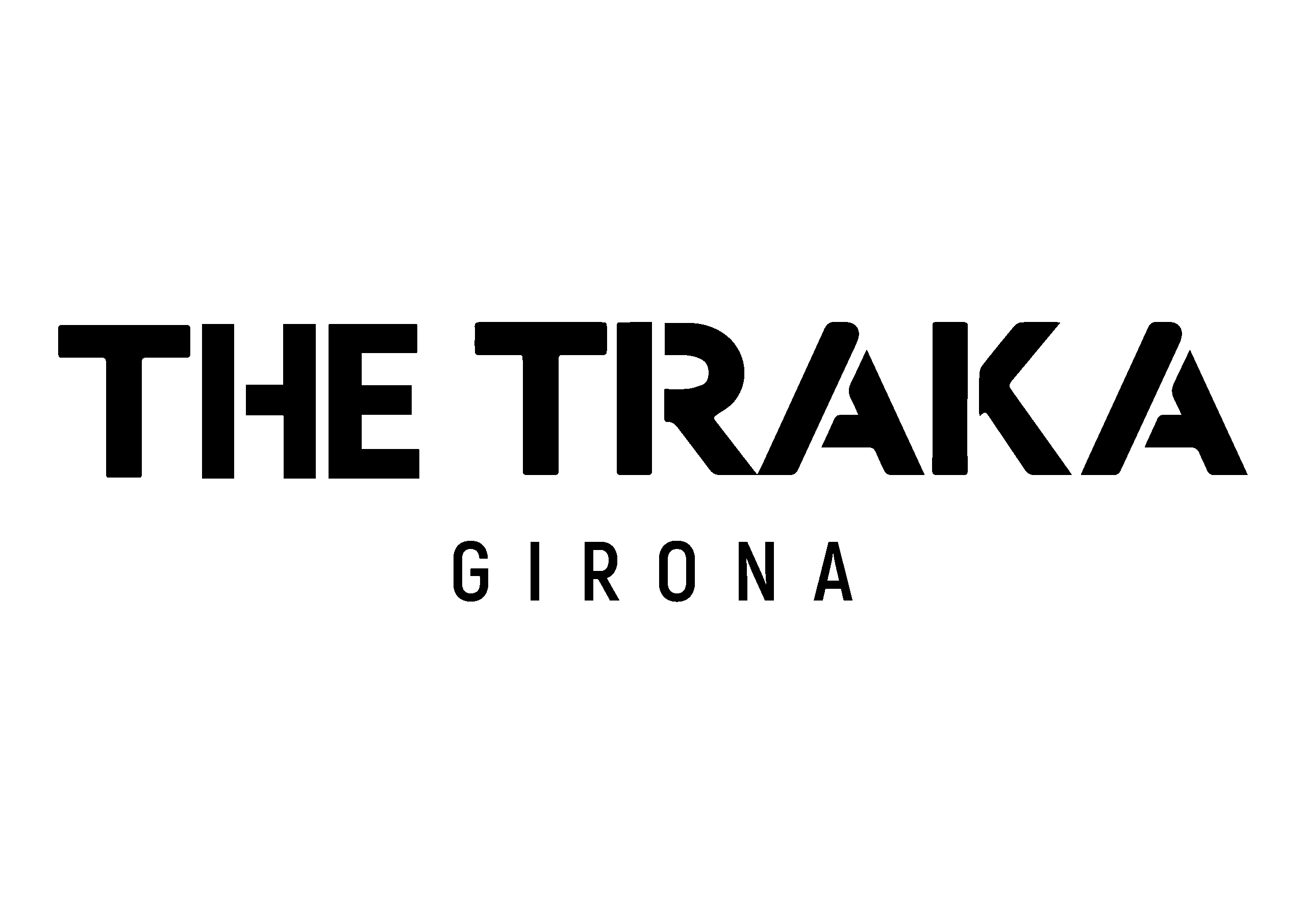cookies policy
In compliance with current regulations, including Regulation (EU) 2016/679 (General Data Protection Regulation – GDPR) and Spanish Law 34/2002 on Information Society Services and Electronic Commerce (LSSI-CE), the website klassmark.com informs users about the use of cookies, the types used, their purpose, and how to manage them.
By continuing to browse our website, users are giving their consent for the use of the cookies described below, unless their browser settings have been configured to reject them.
- WHAT ARE COOKIES?
- WHY DO WE USE COOKIES?
- WHAT INFORMATION DO COOKIES COLLECT?
- TYPE OF COOKIES WE USE
- HOW TO MANAGE COOKIES IN YOUR BROWSER?
Cookies are small data files that websites send to a user’s browser and store on their device (computer, smartphone, tablet, etc.). These files allow websites to remember information about a user’s visit—such as language preferences, login details, or browsing activity—to improve the user experience on subsequent visits.
Cookies do not store sensitive personal data such as your name or credit card information.
The klassmark.com website uses both first-party and third-party cookies to:
-
Offer a better browsing experience
-
Analyze usage statistics
-
Remember user preferences
-
Enable certain functionalities such as login or form submissions
-
Provide access to social media or multimedia integrations
By using our site, cookies may collect data such as:
-
Website usage statistics (e.g., pages visited, time spent, click paths)
-
Previous searches or user preferences
-
Information about your connection with social networks if accessed via platforms such as Facebook or X (Twitter)
-
Device, browser type, and language preferences
-
Geolocation data (if enabled)
Blocking cookies may result in limited access to some website features or services.
We use different types of cookies based on their purpose:
1. Technical or Strictly Necessary Cookies
These are essential for navigating the website and using its features, such as accessing secure areas, submitting forms, or playing media. Disabling these cookies may prevent some parts of the site from working properly.
2. Personalization Cookies
These allow the website to remember certain user-defined or default settings, such as:
-
Language selection
-
Browser type or interface preferences
-
Geographical region or content layout
-
Accessibility settings
3. Analytical or Performance Cookies (Third-Party)
Used to collect anonymous information about how users interact with the website. This data is used to improve functionality and performance.
Example: Google Analytics
These cookies do not collect information that identifies users personally.
Users can manage, allow, block, or delete cookies installed on their device by adjusting the settings in their web browser. Below are links to cookie management guides for the most common browsers:
Note: If cookies are disabled or blocked, some parts of the website may not function properly.
In some browsers, users can configure granular controls to manage cookies on a per-site basis, allowing exceptions for trusted websites while blocking others.
Last updated: June 26, 2025
